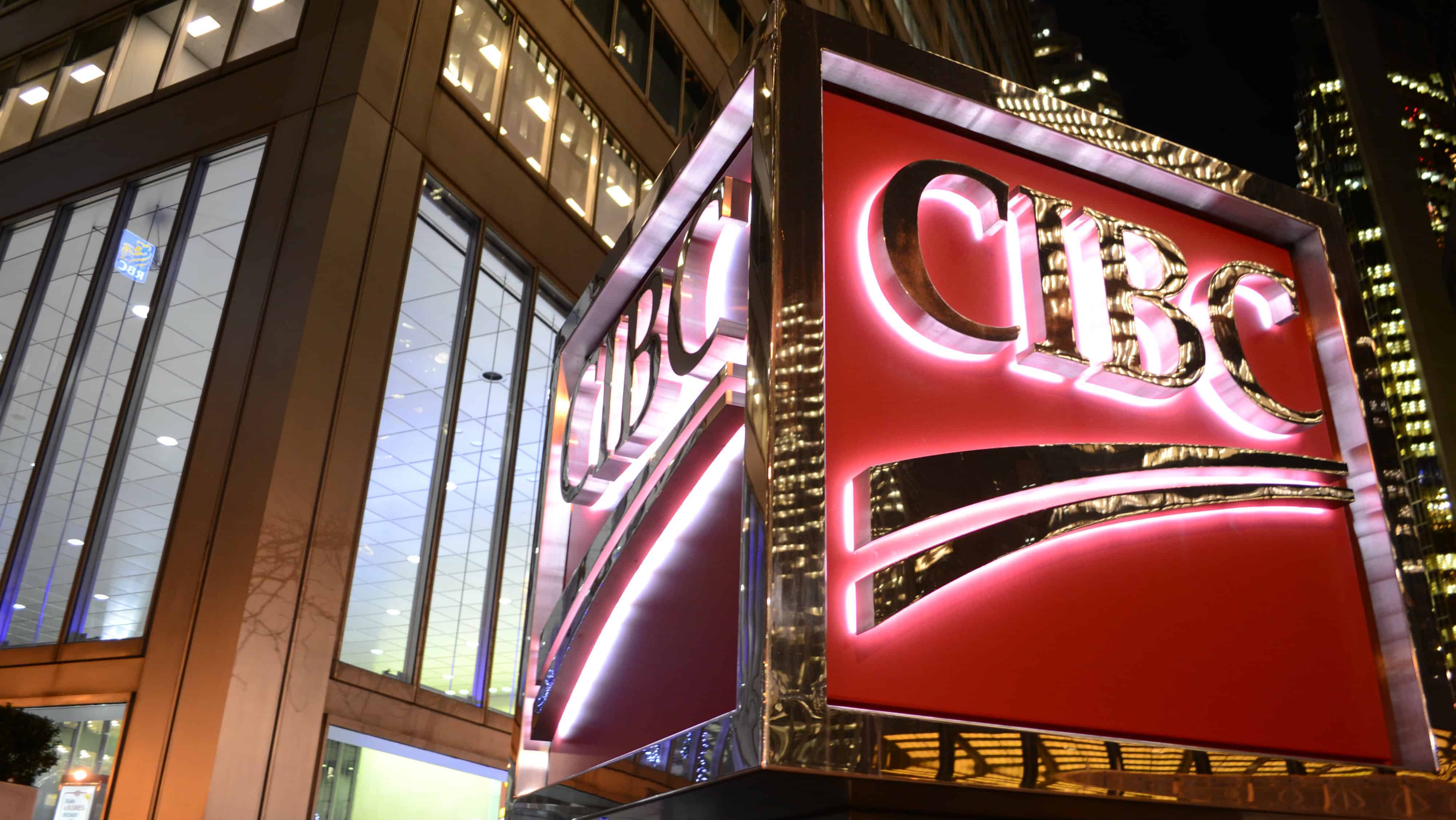The announcement that Canadian Imperial Bank of Commerce (TSX:CM)(NYSE:CM) was ending its nearly 20-year banking relationship with Loblaw Companies Ltd.’s (TSX:L) subsidiary President’s Choice Financial was met with a yawn August 16. Both companies’ stocks barely moved on the news.
Is this that unimportant to investors? Probably not, but given it’s summertime, many are still on vacation and not thinking about banking news.
Both companies put out enthusiastic press releases announcing the breakup, so it’s hard to know what’s behind the longtime partners going their separate ways.
As a PC Financial customer, I’m interested to know how this will affect me.
Good no-fee chequing
I’ve always liked using their no-fee chequing services with no minimum balance, so I could move money from my business to my household chequing account without having to keep a chunk of cash lying around earning limited interest.
However, ordering actual cheques from PC Financial and receiving them is a hopeless task that I ultimately gave up on after two attempts online. Both times, the low-cost bank said the order was on its way; both times they failed to arrive.
It was at that point I started to think about moving to Tangerine, Bank of Nova Scotia’s provider of low-cost banking and investment services.
My only question regarding the cheque-ordering fiasco is, who is to blame for the failure to deliver? CIBC or President’s Choice Bank? My suspicion is it’s CIBC given it is the provider of banking services, but I don’t know that for certain.
“President’s Choice Financial personal banking services are provided by the direct banking division of CIBC,” states the PC Financial website.
Why should CIBC shareholders like the move?
Every bank, Canadian or otherwise, will eventually have two-tiered banking, much like two- or even three-tiered airline travel. Think Air Canada, Air Canada Tango, and Air Canada Rouge.
I always got the impression that CIBC and Loblaw weren’t seriously committed to being low-cost bankers. Sure, the PC Financial site is very colourful, but at the end of the day, it’s still banking.
Loblaw wants to sell you groceries and cosmetics and grow the President’s Choice brand, while CIBC wants to sell you a mortgage, take your growing tech company public, and provide other big-ticket items that are far less mundane than processing cheque orders.
However, as CIBC acknowledged in its press release, there is money to be made by having a two-tier business model.
“We see that there is a segment of clients, and a significant one, who really value this business model, who value no-fee daily banking and great rates,” said Mike Boluch, CIBC’s executive vice-president of direct banking, innovation, and payments. “We have a lot of experience operating in this fashion.”
Now, think about this for a moment.
CIBC is going to move approximately two million accounts on November 1 to Simplii Financial, the name of its new low-cost bank. I represent several of those accounts. I also currently have a line of credit with another bank.
It would be far easier to have all of that with CIBC, where I could move money between my chequing accounts and line of credit. It also means I might consider moving my investment accounts from a third bank’s online brokerage.
Perhaps I’m the exception, but I doubt it.
CIBC has more to gain from the two million accounts it can move into a two-tier system than Loblaw ever did.
Yes, it will cost CIBC $100 million to make this move, but you can bet CEO Victor Dodig wouldn’t be doing this if he didn’t think it was worth it.
CIBC continues to be my favourite Canadian bank stock to own, despite the fact it hasn’t been able to get me my cheques. Hopefully, that will change come November 1.








